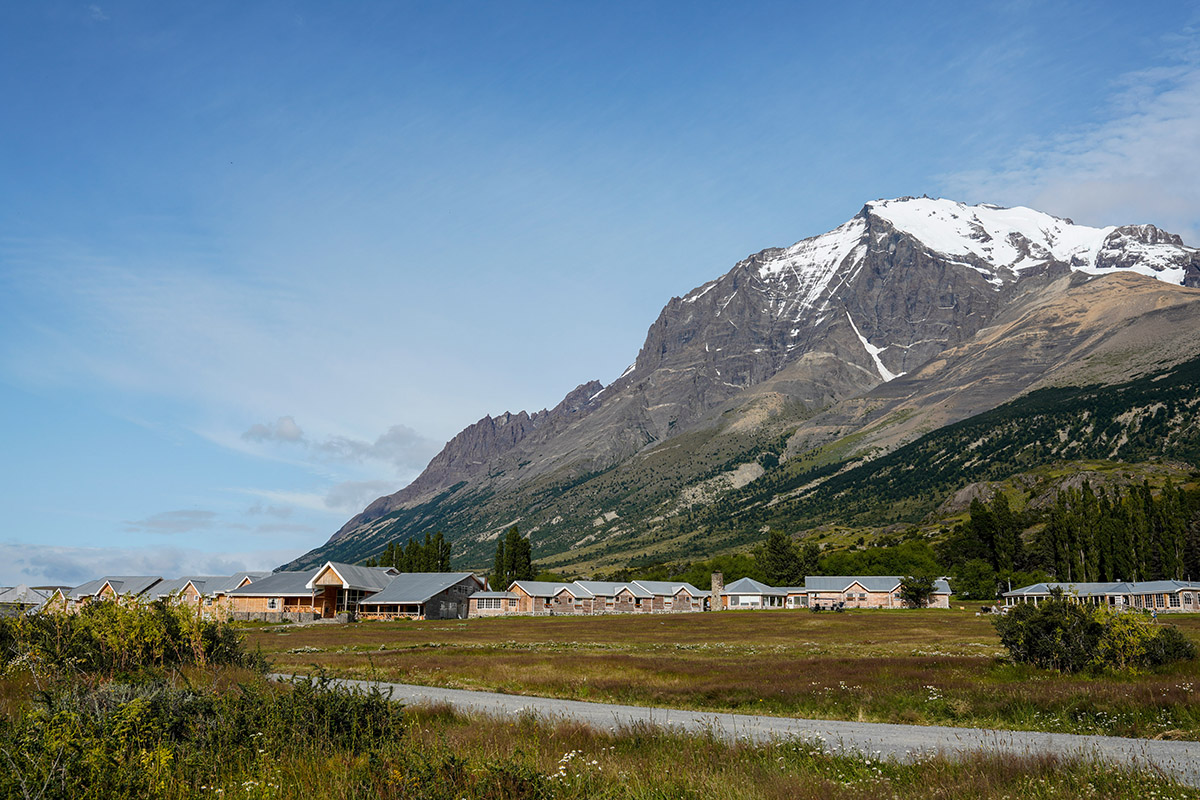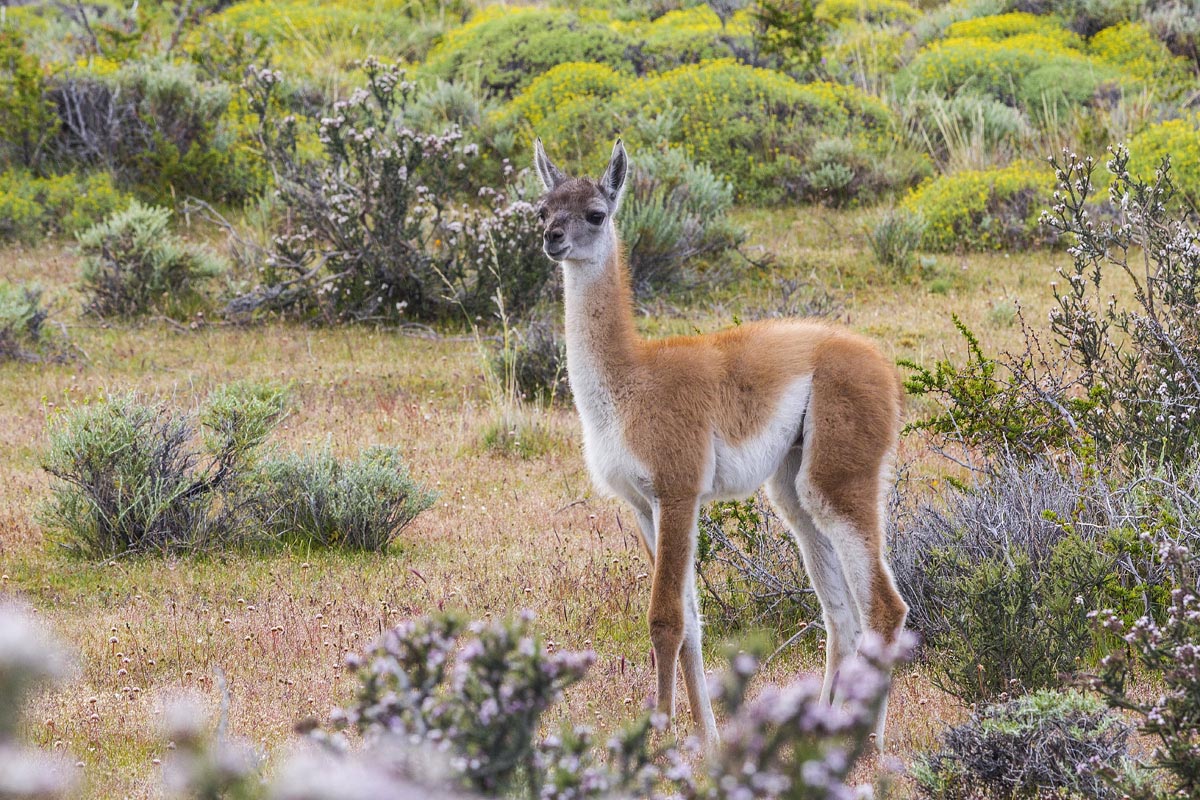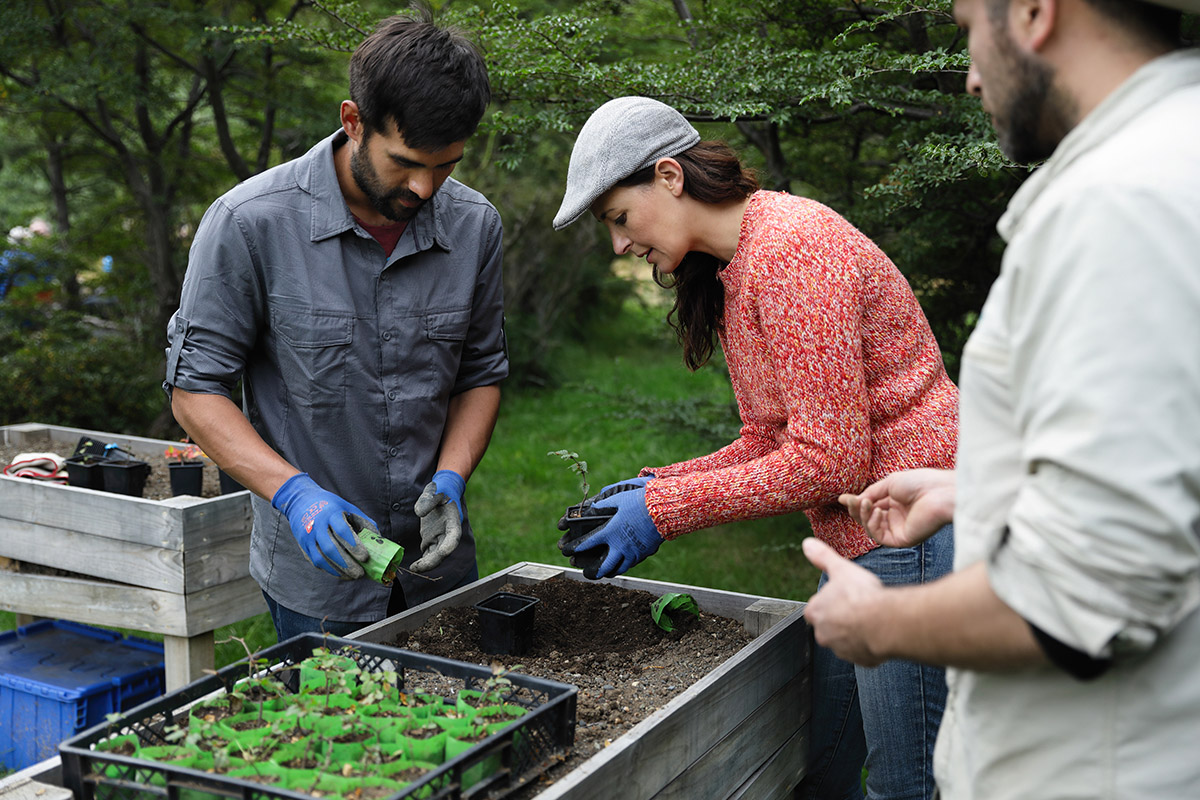From the distant Chilean Patagonia, in the heart of the Torres del Paine National Park, a sustainable cocktail and craft beer project is revealed as the best conservation message from a community that has made sustainable tourism its main asset.
The history of Las Torres Reserve, and the community that today forms part of it, dates back to 1905, when Croatian immigrant, Antonio Kusanovic Jersic, arrived in the remote landscapes of Patagonia to become a successful rancher. This pioneer’s heritage, however, was going to take another course with the beginning of tourist activity in the south of Chile at the end of the 20th century. By that time, more and more people came to contemplate the magnificence of the Torres del Paine National Park.
In the 1990s, Las Torres lodge emerged, with nine rooms, and a restaurant, all in the midst of incredible landscapes; at that time, Mr. Kusanovic and his wife could not have imagined the development of the territory into an important tourist destination, which is visited by travelers from all over the world.

Today, after generations of ranchers, Las Torres Reserve has changed from a typical cattle ranch to an ecotourism destination with a clear vision: to inspire people with the nature and culture of Patagonia and to be a world reference for sustainable tourism and conservation.

Currently, Las Torres Reserve manages reforestation initiatives, restoration of trails, environmental education, provision of park rangers, circular economy initiatives for waste management and, particularly, a regenerative organic garden, has been the effort to establish the DNA of sustainability in the internal community, together with the native Patagonian flora, has served as raw material and inspiration for the cocktail bartender Federico Gil’s creations.

With sensitivity on edge, Federico transfers to his mixology art adapted to the conservation philosophy of Las Torres Reserve, using the pristine waters of the mountains, the aromatic plants of the orchard and the recycling of bottles, eliminating the plastic from a single use contributing to the care of the environment. From this alliance, a gastronomic innovation arises that sends the world a message of sustainability and love for the territory.

For this achievement, we thank Organic Patagonia, Federico Gil, the Rein producer, Austral beer and the entire team of Pionero Bar at Las Torres Hotel, because, with their support and work, it is possible to share with you today our history and the north that we set for ourselves, as a community that inhabits and protects the 8th wonder of the world. We are waiting for you at Las Torres Patagonia!